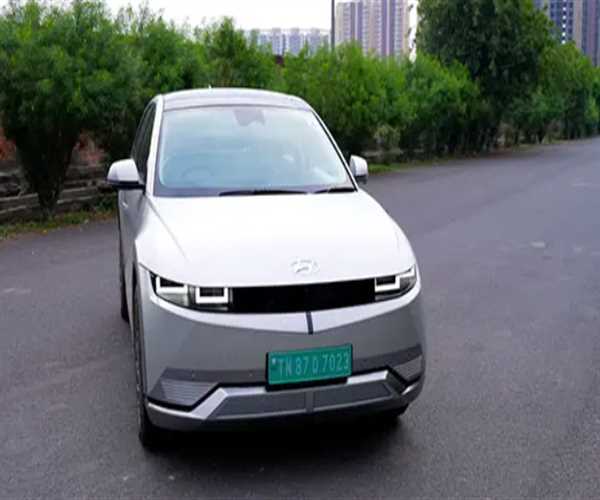
16-Feb-2024 , Updated on 2/16/2024 3:59:23 AM
Are Indian Roads ready for EV-charging implementation?
The emergence of electric cars marks a watershed moment in India's transportation scene. Challenges include ecosystem collaboration, infrastructure development (charging stations, battery manufacturing), and assuring continuous energy supply. India's transportation future will be shaped by its preparation for this shift, which includes rewarding automobile businesses and customers, adopting lower emissions, and researching renewable energy sources for charging.
Is India ready for electric vehicles?
Whether India is ready for electric cars (EVs) requires a complex study. While the Indian government has shown a readiness to accept EVs through projects like a $3.5 billion manufacturing project, challenges persist. Infrastructure development, particularly charging networks, is important for broad electric vehicle adoption.
Furthermore, India has ambitious targets, aiming for 30% EV adoption by 2030. However, the World Economic Forum highlights the need of coordinating efforts between state governments and commercial entities to achieve this aim. Policy changes and expenditures are required to facilitate this shift.
To assure India's preparation for the EV revolution, emissions and energy security must be addressed, as well as cost, charging accessibility, and grid capacity.
Electrifying India's Mobility: Planning for 2030
India's charging infrastructure demands immediate improvement. A complete statewide charging network is fundamental to boosting long-time period electric automobile adoption in India, both as it permits EV owners to feed their motors quickly and without problems, and, extra importantly, because it eliminates drivers' fears about running out of strength. This is essential in view that variety tension remains a prime obstacle to EV adoption.
The Indian authorities have sponsored many EV charging infrastructure schemes. Most extensively, the Faster Adoption and Manufacturing of (Hybrid and) Electric Vehicles (FAME) software incentivizes EV adoption and charging infrastructure enlargement. The authorities have in addition expedited EV adoption by way of setting up the National Electric Mobility Mission Plan (NEMMP), which provides incentives for EV purchases.
However, the fulfillment of these authorities' plans for charging infrastructure is contingent on non-public quarter funding. The government cannot build a reliable and wide charging network on its own. Private sector entities, such as charging infrastructure providers and resident welfare associations (RWAs), should also help to create charging infrastructure.
Private sector investment may also have the added benefit of encouraging business models like battery swapping and smart charging, which may make charging more economical and easy for EV owners. This may be easier said than done.
What further can be done?
The government can develop policies for revolutionary mobility for electric cars, their components, and batteries.
Developing a Phased Manufacturing Program (PMP) to localize manufacturing along the electric car value chain.
Coordination with key stakeholders in Ministries, Departments, and States to integrate diverse programs aimed at transforming mobility in India.
Ensuring the holistic and complete expansion of India's battery manufacturing industry, with an initial concentration on large-scale module and assembly factories for bigscale manufacturing in the future.
Preparing a path to allow India to use its size and scale to generate innovative, competitive multimodal mobility solutions that can be applied internationally in varied settings.

CONTENT WRITER
Writing is my thing. I enjoy crafting blog posts, articles, and marketing materials that connect with readers. I want to entertain and leave a mark with every piece I create. Teaching English complements my writing work. It helps me understand language better and reach diverse audiences. I love empowering others to communicate confidently.
Join Our Newsletter
Subscribe to our newsletter to receive emails about new views posts, releases and updates.
Copyright 2010 - 2026 MindStick Software Pvt. Ltd. All Rights Reserved Privacy Policy | Terms & Conditions | Cookie Policy